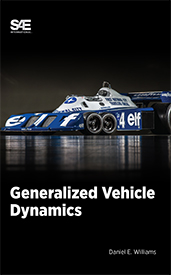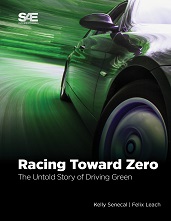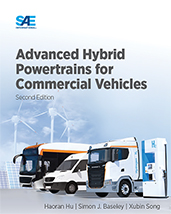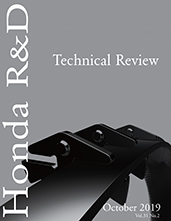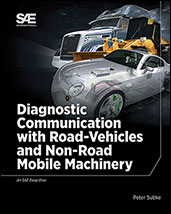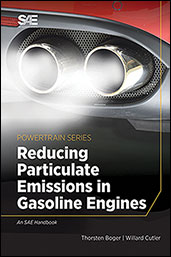Book
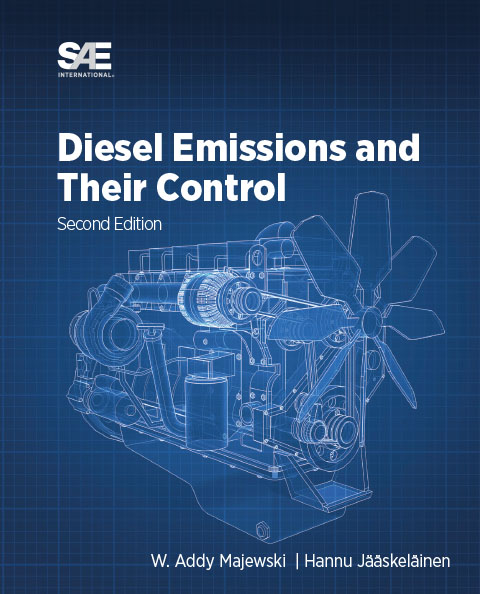
Diesel Emissions and Their Control, Second Edition
2023-12-20
Engineers, applied scientists, students, and individuals working to reduce emissions and advance diesel engine technology will find the second edition of Diesel Emissions and Their Control to be an indispensable reference. Whether readers are at the outset of their learning journey or seeking to deepen their expertise, this comprehensive reference book caters to a wide audience. In this substantial update to the 2006 classic, the authors have expanded the coverage of the latest emission technologies. With the industry evolving rapidly, the book ensures that readers are well-informed about the most recent advances in commercial diesel engines, providing a competitive edge in their respective fields. The second edition has also streamlined the content to focus on the most promising technologies. This book is rooted in the wealth of information available on DieselNet.com, where the "Technology Guide" papers offer in-depth insights.



